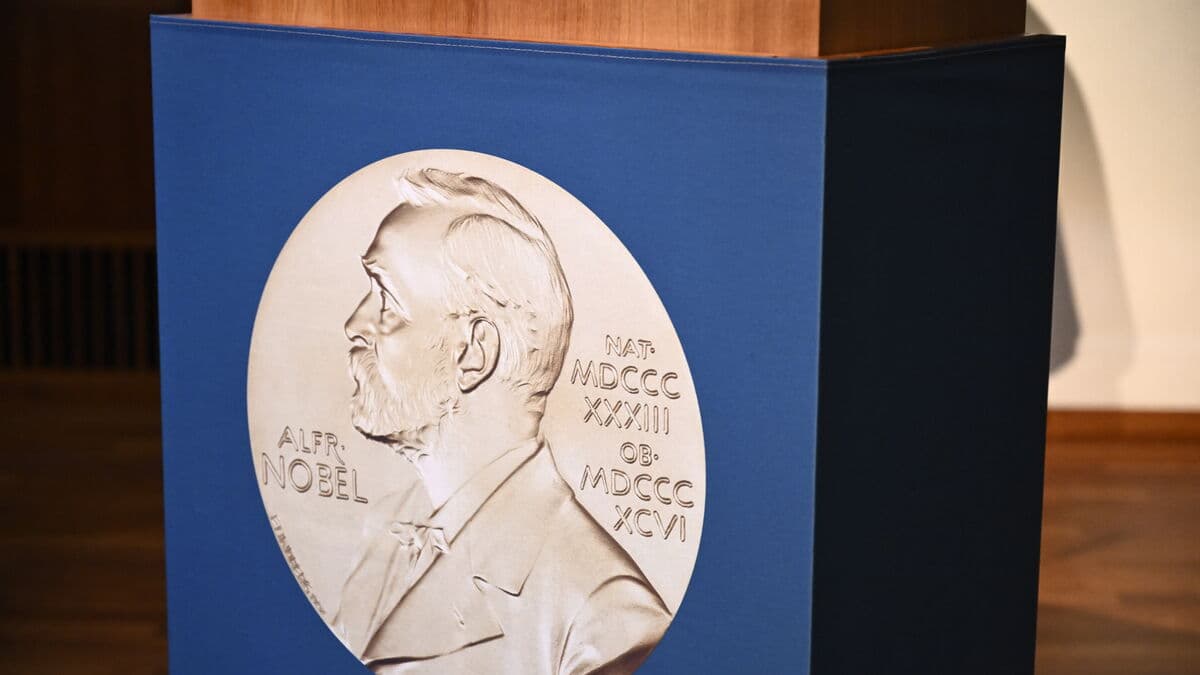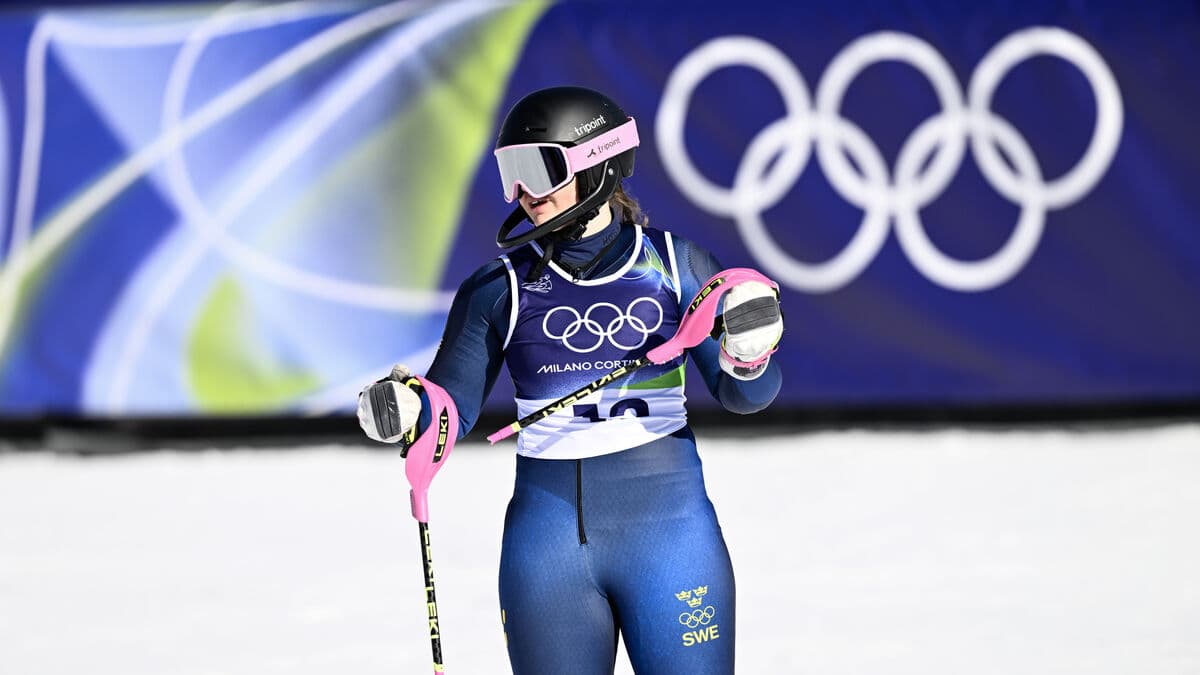When the Nobel week is approaching, we all probably wonder what is actually required to have the opportunity to bring home one of the world's most coveted prizes.
And yes, of course, you must be extraordinary in your field. But if you are also a man, 54 years old and from Europe or North America, then the chance, at least historically, is a little greater.
The journal Nature has gone through all the prize winners in medicine or physiology, chemistry and physics between 1901 and 2023 and found that precisely the above-mentioned characteristics are most common among the winners.
Another strong common denominator is that you have a name that begins with the letter A or J.
The youngest prize winner is Lawrence Bragg, who was only 25 years old when he was awarded the physics prize in 1915 together with his father. And with his respectable age of 97, John B Goodenough was the oldest winner so far. In 2019, he received the prize in chemistry.
For women, it has been less common to be awarded, but the opportunities have still been greatest in the fields of physics or medicine, shows Nature's compilation.
During the 20th century, only eleven women were awarded the Nobel Prize, but since the year 2000, the pendulum has swung somewhat and 15 female researchers have been awarded prizes in medicine or physiology, chemistry and physics.
The Nobel week begins on Monday, when the prize in medicine or physiology is announced. In addition to the medal and diploma from the king's hand, a prize amount of 11 million Swedish kronor is added for each prize.
Monday, October 6: The Nobel Prize in Medicine or Physiology
Tuesday, October 7: The Nobel Prize in Physics
Wednesday, October 8: The Nobel Prize in Chemistry
Thursday, October 9: The Nobel Prize in Literature
Friday, October 10: The Nobel Peace Prize
Monday, October 13: The Economics Prize






